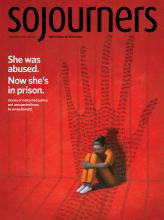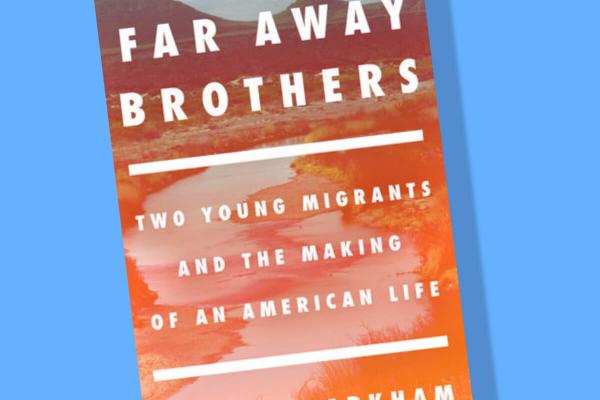WITHIN THE FIRST pages of The Far Away Brothers: Two Young Migrants and the Making of an American Life , it becomes clear that Lauren Markham understands the complexities of immigration to the United States and has personally worked with immigrants stuck in its tangled web. In a journalistic style, she reports the story of teenage twin brothers Raúl and Ernesto, fleeing gang violence in El Salvador, hoping to find safety and new opportunities in El Norte.
Markham has worked in refugee resettlement and immigrant education for the past decade. In this book she covers all aspects of immigration in well-researched detail. But she also seems to understand that while any reader could argue immigration policy, no one can argue with the Flores brothers’ story, from the crippling poverty in rural El Salvador, where life is cheap and disposable, to the stark loneliness of their lives in the U.S., far from the comforts of family and home.
Read the Full Article

